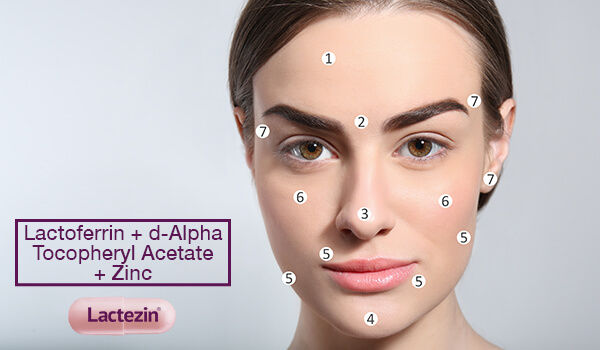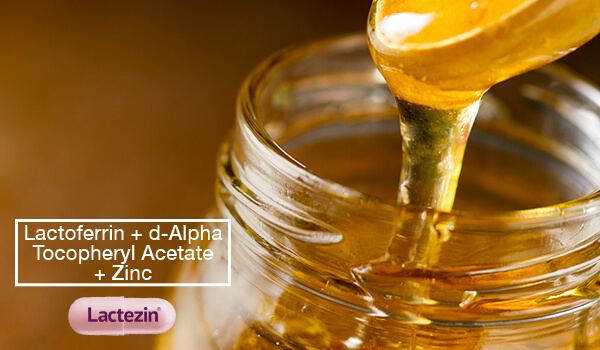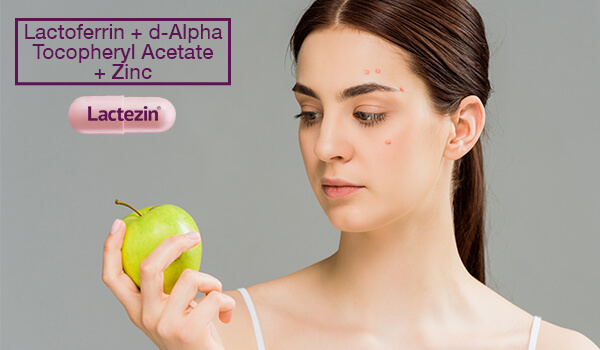Acne Removal: Which Option Works Best for You?
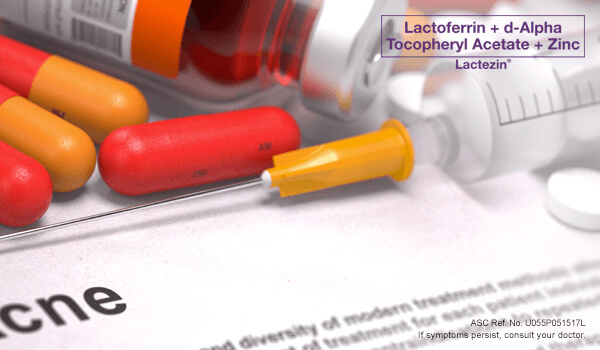
Not all pimples are created equal. Determining the best acne removal method depends on what type of acne you have.
We know that acne is the result of clogged hair follicles. Oil and other debris on the skin’s surface clog the pores, creating small infections called pimples. While most people will experience acne at some point in their lives, signs and symptoms may vary depending on the severity.
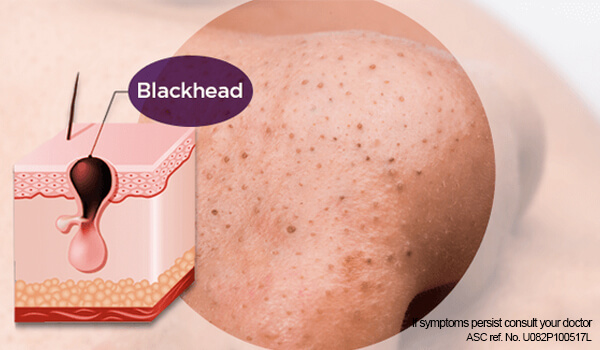
Learn about the different types of acne and the best acne removal method for each:
Non-inflammatory acne: Whiteheads and blackheads
Whiteheads are the earliest stage of a pimple. They form when pores get clogged with dirt and excess sebum, causing a small, raised white bump on the skin. The white bump is a distillation of fatty oils from sebum and the white blood cells your body sends to combat a pimple. While categorized as non-inflammatory acne, whiteheads can become infected if left untreated.
Blackheads are formed the same way as whiteheads, except these open at the surface. The black color is a result of the sebum being exposed to oxygen and becoming oxidized. Blackheads are usually small and hard, but can grow in size. It may even lead to a cyst forming under the buildup, below the skin’s surface.
Treating whiteheads and blackheads
Whiteheads and blackheads are mild forms of acne, but they can be very bothersome. The best way to treat them is by proper cleansing and regular exfoliation.
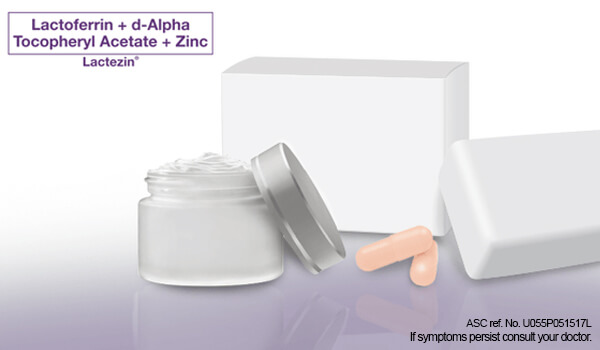
Inflammatory acne: Pustules, nodules, and cysts
Pustules
These are the typical pimples, filled with a white or yellowish tip and red at the bottom. Pustules are usually painful and tender. The buildup goes deeper than whiteheads/blackheads, making it harder to clear out.
Nodules
These are a more severe type of inflammatory acne. Nodules are large, inflamed bumps that are sensitive to the touch. These nodules are filled with pus and bacteria deep in the skin’s surface. Left untreated, the infection will worsen and may lead to more nodules in the surrounding pores.
Cysts
Cysts are a very severe type of acne, characterized by large and inflamed bumps that can last for months. These are formed beneath the skin and can be very painful.
Treating inflammatory acne
Milder cases of inflammatory acne can be treated with topical treatments. If home remedies don’t clear up your acne, you may want to see your dermatologist. Depending on the severity, your doctor may prescribe oral acne medication such as Lactezin®. (Learn more about how Lactezin® works here. )
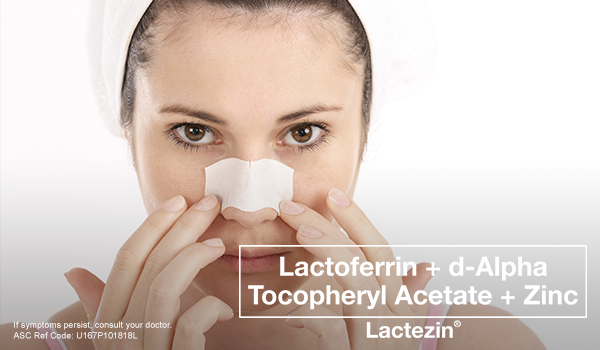
ASC Ref. No. I023N081318L
SOURCES:
Sources:
https://www.niams.nih.gov/health_info/acne/acne_ff.asp
http://www.mayoclinic.org/diseases-conditions/acne/basics/symptoms/con-20020580 – reviewed by Lawrence E. Gibson, M.D.
